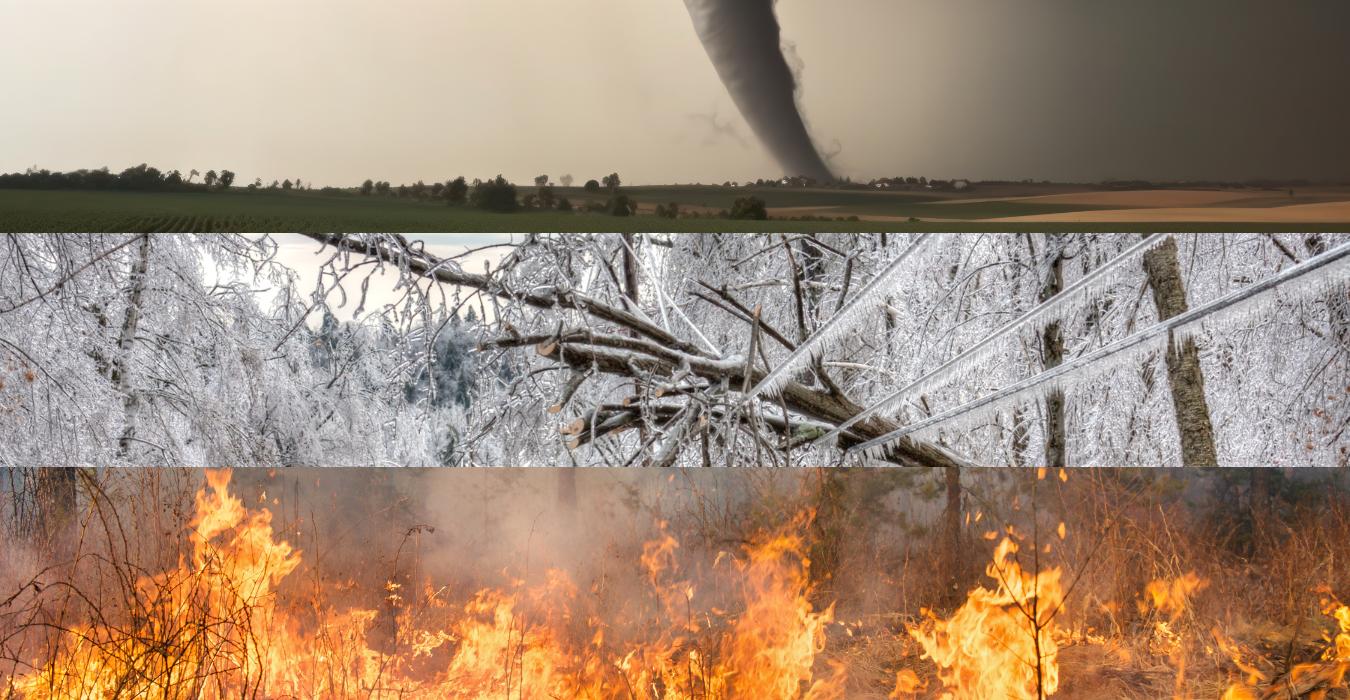
In Ontario, there are many hazards that affect people daily. They range from home fires and floods to ice storms, wildfires and power outages. Knowing the hazards and understanding how you and your community are at risk will help you be prepared.
Being prepared means thinking about the possibilities. Knowledge and planning doesn't cost anything but our own fears may prevent us from considering hazards and their impact.
Consider if you live alone or with a family; if you have children or people who need additional support due to health or mobility issues; if you live in a high rise, a basement apartment or a house.
All of these factors, and more, will influence what you need to know, how you plan and what you need in your preparedness kit.
As a family, discuss what types of disasters are most likely to happen in your community. For the Trent Lakes area, disasters to be prepared for include (but are not limited to):
- Wildfires
- Extreme weather
- Tornadoes
Visit our Types of Emergencies page for a full breakdown of emergencies to be prepared for in Trent Lakes.












